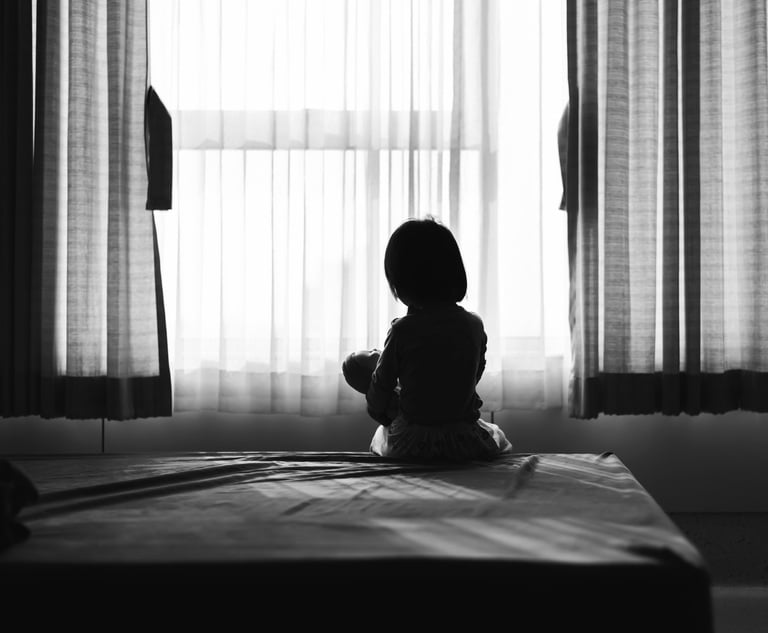In tort law, generally speaking, the law only holds a person responsible for his or her own actions. Restatement (Second) of Torts §315. The reason for this is clear: If the purpose of tort law is to influence behavior, the law only ought to be enforced where it acts as a deterrent against bad behavior. Usually, a person has not participated in bad behavior where a third-party actor has behaved poorly. It is thus perfectly sensible that tort law does not hold a person responsible for the actions of third parties.
But, as with most rules of the law, there are exceptions. Even though there is generally no duty of care to prevent against the harmful actions of others, where a parent has the capacity to prevent harm by a child, and knows of an instance or encounter where such control of the child should be exercised, a parent can be held liable under negligence. Restatement (Second) of Torts §316. See, e.g., Linder v. Bidner, 50 Misc. 2d 320, 270 N.Y.S.2d 427 (Sup. Ct. 1966). Apparently, a parent has the responsibility to prevent against foreseeable damage brought about by a child under their control.


 Photobac / Shutterstock.com
Photobac / Shutterstock.com




